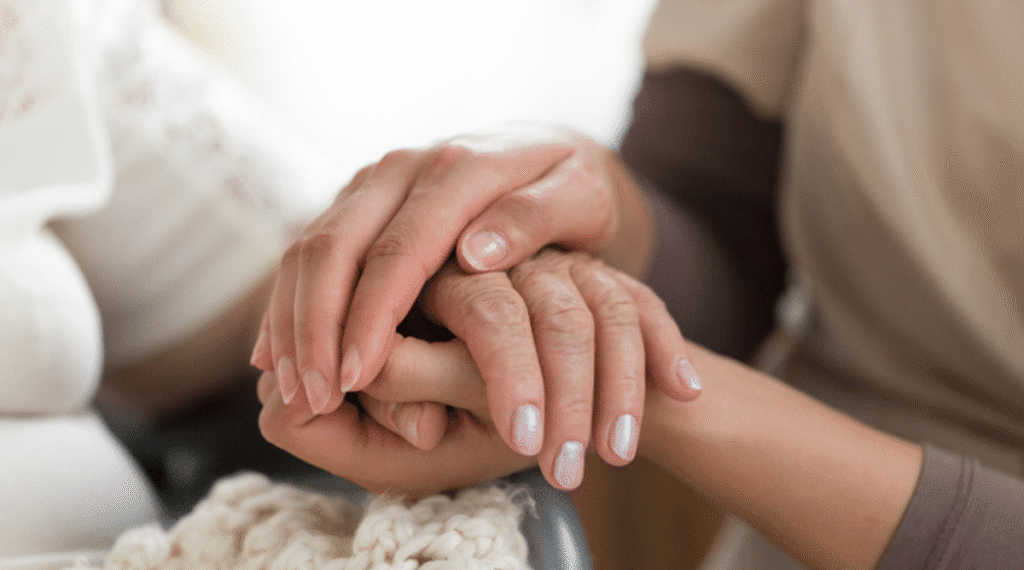Are you a designated or volunteer caregiver? Do you feel overwhelmed, worried and stressed? Are you not getting enough sleep? Do you sometimes feel alone and unappreciated? These are but some of caregiver stress signals that indicate you may be on your way to, if not already, experiencing a caregiver burnout.
Every family has that one person who steps up when a sibling, an elderly parent or a spouse requires long-term health care watch. Whether designated or a volunteer, that individual is typically an unpaid “primary carer” who is responsible for most, if not all, of the caring responsibilities that involve assisting in activities of daily living and/or medical tasks.
Shifting focus on patient-caring tasks requires major adjustments on the part of the caregiver.
“Caregivers go through more than they will tell you. They give up a lot and rarely have a social life. They can get sick and emotionally worn out. We never really know until we walk the path of a caregiver ourselves,” according to The Neuroendocrine Cancer Awareness Network.
The likelihood of ignoring self-care is very high – and eventually results in caregiver burnout.
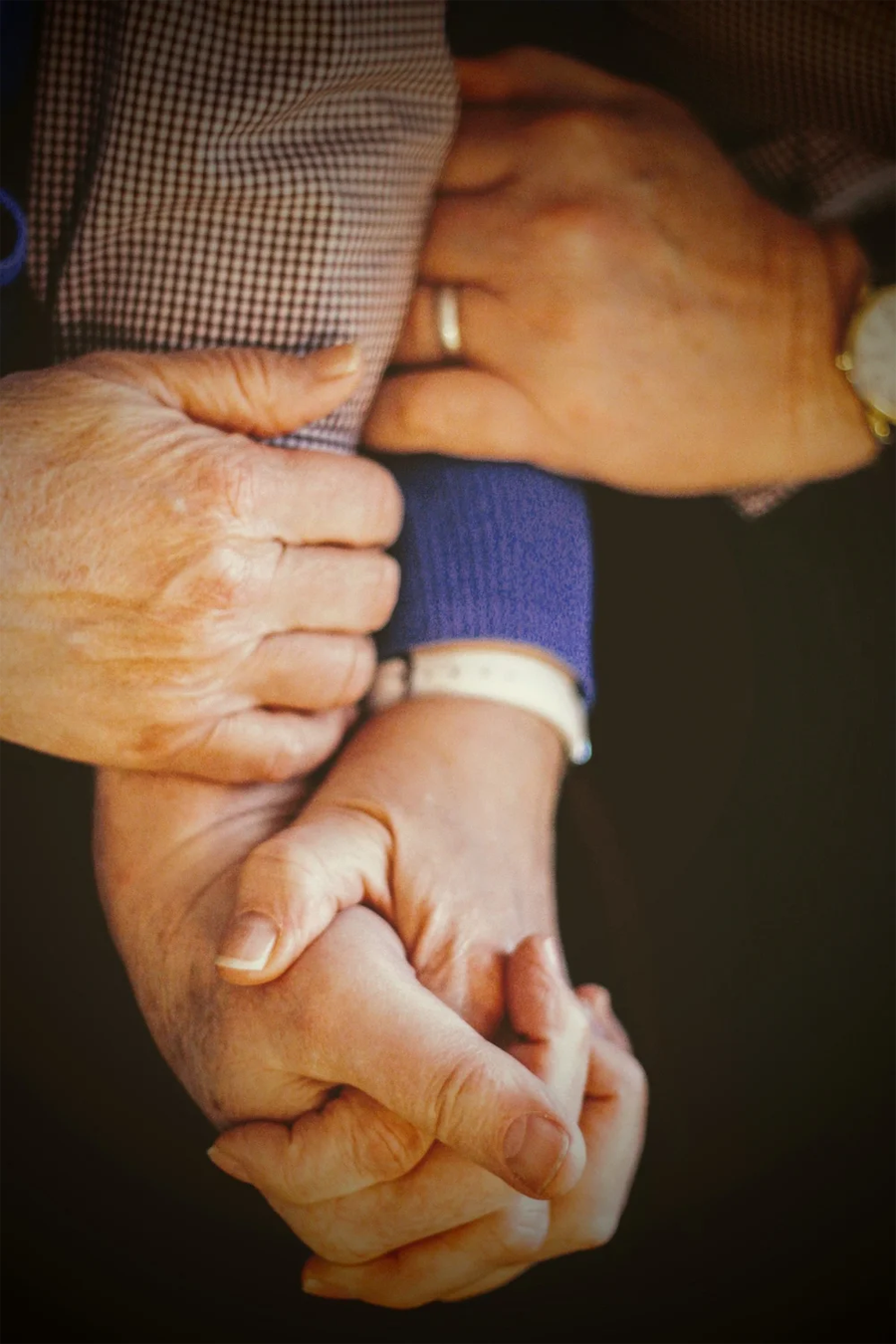
No one-size-fits-all
Anecdotal accounts of designated or volunteer caregivers in the family affirmed what I’ve always suspected: caregivers feel under- or unappreciated at some point, and feel guilty the moment they admit they do feel that way.
Raphael shuttles between California (his green card allows him to look after his ageing mother) and Copenhagen (where he is a permanent resident living with his partner). Travelling between two continents at least twice a year is normal since 2013, except during the Covid-19 global lockdown. He initially tried to readjust his work schedule but eventually quit. He misses his quiet home in Denmark but he got used to his sometimes stressful days in California. It is not a sacrifice for him because he deeply cares for his mom’s wellbeing, although looking after an 86-year-old mom has its frustrating moments.
“I’m not complaining. I volunteered to be with Mama,” says Raphael, the fifth of seven siblings. “She can be stubborn oftentimes and quite dramatic when she nags. It becomes stressful repeatedly telling her what to do or not to do around the house for her own safety. She can’t be left alone not because she is sick but because she has become forgetful. Thankfully, she doesn’t have dementia. She’s already slipped once, broke her shoulder and was hospitalised for her carelessness. She refuses to wear her hearing aid so raising my voice from time to time is unavoidable. Lately, I’ve learned to manage my frustrations and stress. I let her be while keeping one eye fixed on her movements.”
Raphael understands that his mother could be just as frustrated, stressed from feeling irrelevant or being a burden to her children. After all, she raised seven kids almost single-handedly. But some days are just too exhausting, he admits.

Karen took care of her terminally ill husband for eight years while running a household and raising a teenage daughter. She quit her job and drastically cut down on her social life to multi-task. Taking care of her husband and looking after her daughter’s needs (including ensuring a school-life balance) meant Karen hardly had any time for herself.
“We used to have an active life and a big social circle. We went on family holiday trips, hosted a lot of parties at home, had leisurely walks, watched movies, and cheered our daughter on school events and so on. All these changed practically overnight when my husband was diagnosed with cancer. It was a big blow for all of us. I didn’t see it coming. It wasn’t part of our future plan. But I had to reorganise my life, and in the process put aside my needs,” Karen says. Her husband passed away after years of battling with cancer. “I have no regrets or resentments. But I admit that it was depressing, that self-pity crept in when I was alone. Why? No one was taking care of me. I didn’t even take care of myself.”
Olivia had a successful career, holding a regional senior executive position in a retail chain. Her husband of 30+ years likewise had a flourishing career in a global media company on executive expat package, revered by his superiors and staff in Asia. He was a problem solver who didn’t flinch despite the mega challenges he faced. Their marriage became a “relationship goal” to some peers and friends. Their quiet, rhythmic life started unravelling in 2017 when her husband showed signs of depression and hyper anxiety.

“I never thought it could happen to us. The most painful part is witnessing him slowly turn into a confused, crestfallen person from being an energetic man who hopped on a plane almost weekly on business trips… who played basketball at least twice a week… who loved long-distance cycling (he owned a racer and a hybrid bike)… who enjoyed jamming with friends… who was witty, funny and the life of the party,” Olivia sighs. “The light in his eyes went out. Where was the smart, funny dynamo I married? Where was the man who lived his life with such zest that he became the role model for many colleagues and interns he mentored? We consulted a few psychologists and psychiatrists. One said it’s a bi-polar condition, citing genetics as one of the probable causes. Another said it’s clinical depression. The third therapist declared it’s not bi-polar but a PTSD. Meanwhile, the prescribed pills didn’t make him better.”
The couple lives alone so the caregiving tasks fell on her shoulders. Olivia became a full time nurse-guardian-nanny-dietitian-wife all rolled into one. She defaulted to self-imposed social isolation. She knew she wouldn’t be enjoying time away from her husband given his condition. The thought of him cooped up in a dark room blankly staring at the TV screen was enough to kill her party mood. “No, I didn’t give in to any negative thoughts or feelings, but I had to find other things to do that I could drop anytime he has episodic moments and run to wherever he may be.”
Raphael, Karen and Olivia share a common narrative that many family caregivers can relate: putting aside their own needs, conditioning their minds to be strong and resilient, frequently on 24/7 watch mode and too self-conscious to ask for help. They neither had the training nor experience in handling the physical and mental strains of caregiving. The struggle is real.
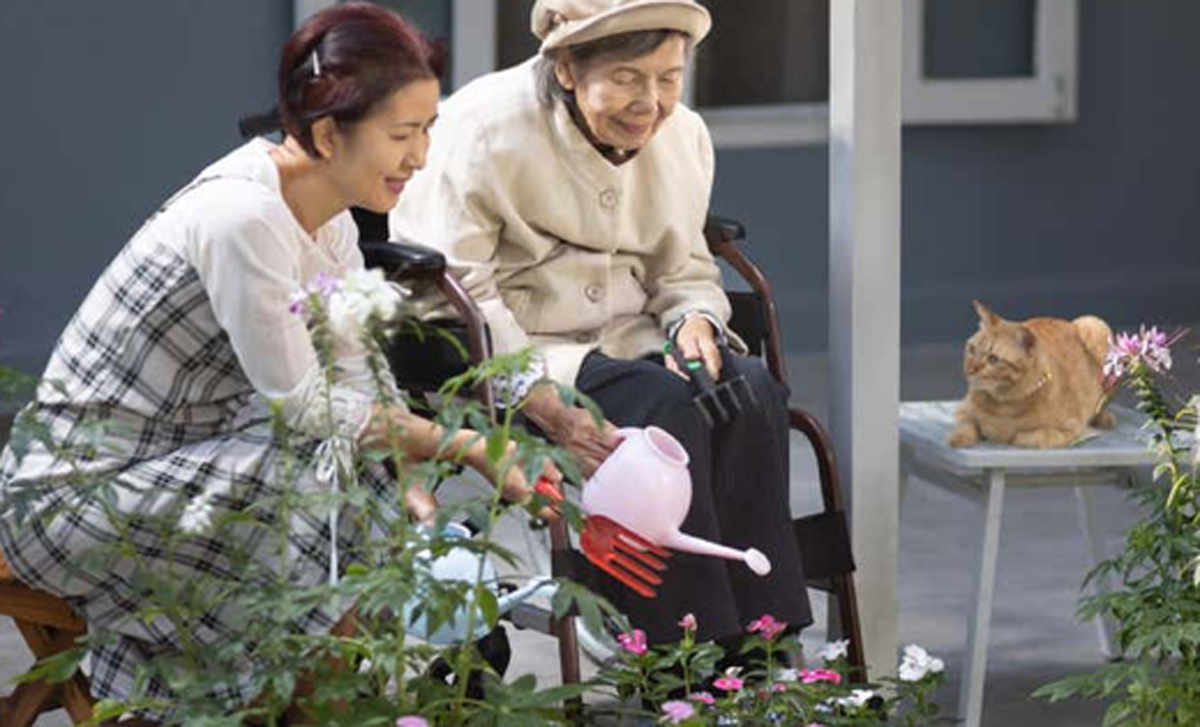
The Roller Coaster of Caregiving
Listening to their stories sparked the idea for this story. Because really… “Who takes care of the caregiver?” It pushed me to dig deep and came across “The Roller Coaster of Caregiving” article (caregiver.com) by Jane Cassilly Knapp, a healthcare professional who, for decades, worked with family caregivers throughout her career. Here’s are some excerpts from her piece:
“The decisions to become a caregiver are usually made in crisis situations. We rarely have time to consider the ramifications of these decisions nor do we really fully understand that there are any ramifications. What could be so difficult about caring for someone we love?
The caregiving role is a pivotal one: You become the center person, the “expert” in the care of someone. Everyone else in the family is required to go through you to find out what is now needed for this person. Your new position forever changes your role with each family member.
You think everyone should be so grateful to you for the incredibly generous gift you are providing the family and suddenly you become very hurt by these knives of jealousy and misperceptions.
Usually caregivers are by nature giving people. This additional responsibility seems natural to them. But caregivers occasionally suffer from co-dependency. This means that they have had a history of setting poor boundaries and healthy limits to protect themselves from being victimized or exhausted.
If an exhausted caregiver continues to try to provide everything needed without asking for help, those around them assume that they are fine. If they weren’t fine they would stop and ask for help. The caregiver may become angry and feel abused and victimized. They feel others should know that they need help but if you don’t ask, no one will know. The people around you may not be unwilling or uncaring; they just aren’t mind readers.
Being a caregiver has many rewards, but it’s not always easy. It becomes even more challenging when the care recipient is a parent. Switching roles by becoming the parental figure to your own parent/s can feel strange and unfamiliar, especially when they act in a way that puts them in danger, necessitating your intervention whether they like it or not.
Maybe your parent wants to continue driving a car, but you have noticed their skills are declining, possibly presenting a danger to themselves and others. Or maybe you have dropped by their place only to find the refrigerator door wide open, or a burner on the stove is still on high. These and other signs that your loved one needs support and more supervision can put you in the position of being the adult in the relationship.”
Of course, there’s always the option to hire a certified professional, or even an experienced nanny, as long as you can afford one. Oftentimes, however, the patient’s medical cost alone is a drain in the pocket even if some of the cost is covered by health insurance.

Caregiver Stress Signals
According to Mayo Clinic, too much stress, especially over a long time, can harm your health. As a caregiver, you’re more likely to experience symptoms of depression or anxiety. In addition, you may not get enough sleep or physical activity, or eat a balanced diet — which increases your risk of medical problems, such as heart disease and diabetes. Watch for these stress signs:
- Feeling overwhelmed or constantly worried
- Feeling tired often
- Getting too much sleep or not enough sleep
- Gaining or losing weight
- Becoming easily irritated or angry
- Losing interest in activities you used to enjoy
- Feeling sad
- Having frequent headaches, bodily pain or other physical problems
- Abusing alcohol or drugs, including prescription medications
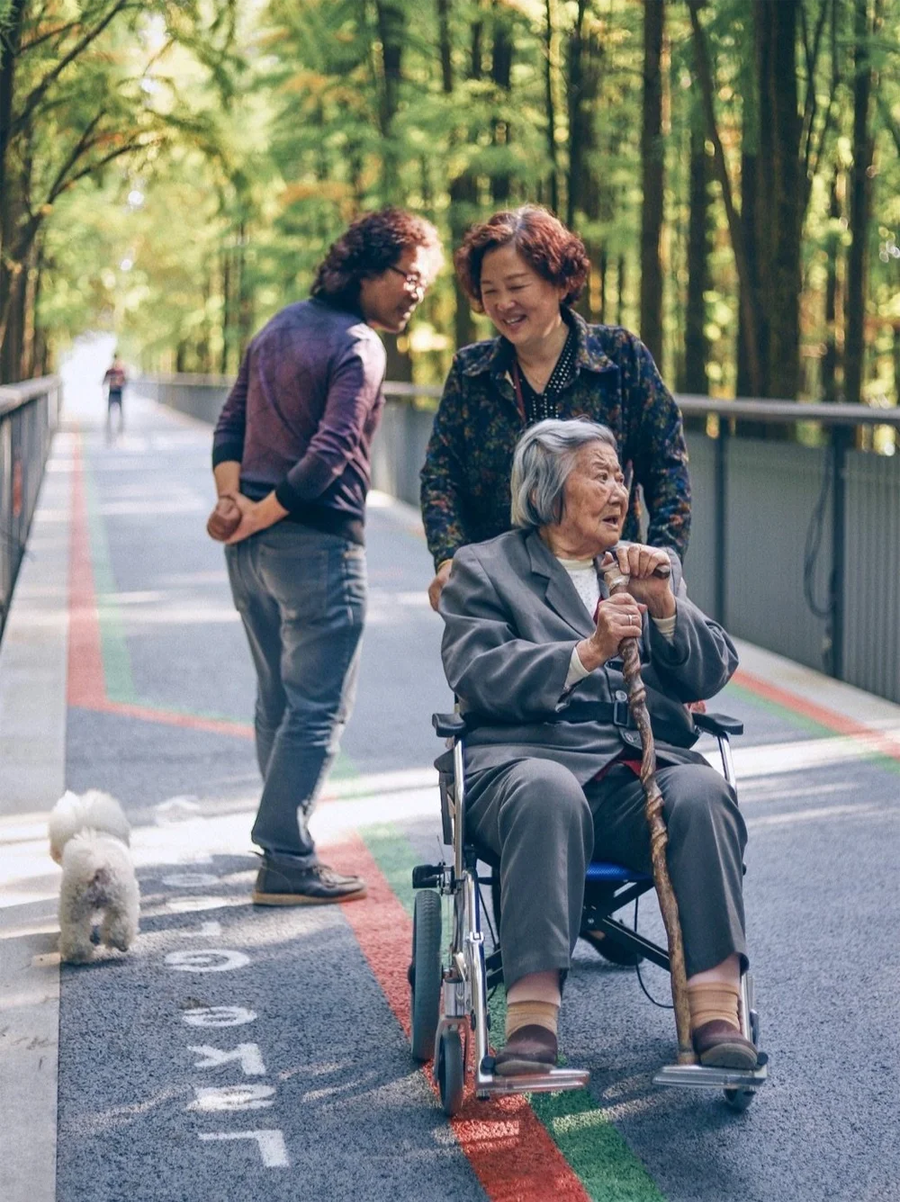
If you feel any one or more of these stress signals, Mayo Clinic offers tips to deal with caregiver stress:
Set realistic goals. Break large tasks into smaller steps that you can do one at a time. Prioritize, make lists and establish a daily routine. Begin to say no to requests that are draining, such as hosting holiday meals.
Focus on what you are able to provide. It’s normal to feel guilty sometimes, but understand that no one is a “perfect” caregiver. Believe that you are doing the best you can and making the best decisions you can at any given time.
Accept help. Be prepared with a list of ways that others can help you, and let the helper choose what he or she would like to do. For instance, a friend may offer to take the person you care for on a walk a couple of times a week. Or a friend or family member may be able to run an errand, pick up your groceries or cook for you.
Get connected. Find out about caregiving resources in your community. Many communities have classes specifically about the disease your loved one is facing. Caregiving services such as transportation, meal delivery or housekeeping may be available.
Join a support group. A support group can provide validation and encouragement, as well as problem-solving strategies for difficult situations. People in support groups understand what you may be going through. A support group can also be a good place to create meaningful friendships.
Seek social support. Make an effort to stay well-connected with family and friends who can offer nonjudgmental emotional support. Set aside time each week for connecting, even if it’s just a walk with a friend.
Set personal health goals. For example, set goals to establish a good sleep routine, find time to be physically active on most days of the week, eat a healthy diet and drink plenty of water. Many caregivers have issues with sleeping. Not getting quality sleep over a long period of time can cause health issues. If you have trouble getting a good night’s sleep, talk to your doctor.
See your doctor. Get recommended vaccinations and screenings. Make sure to tell your doctor that you’re a caregiver. Don’t hesitate to mention any concerns or symptoms you have.
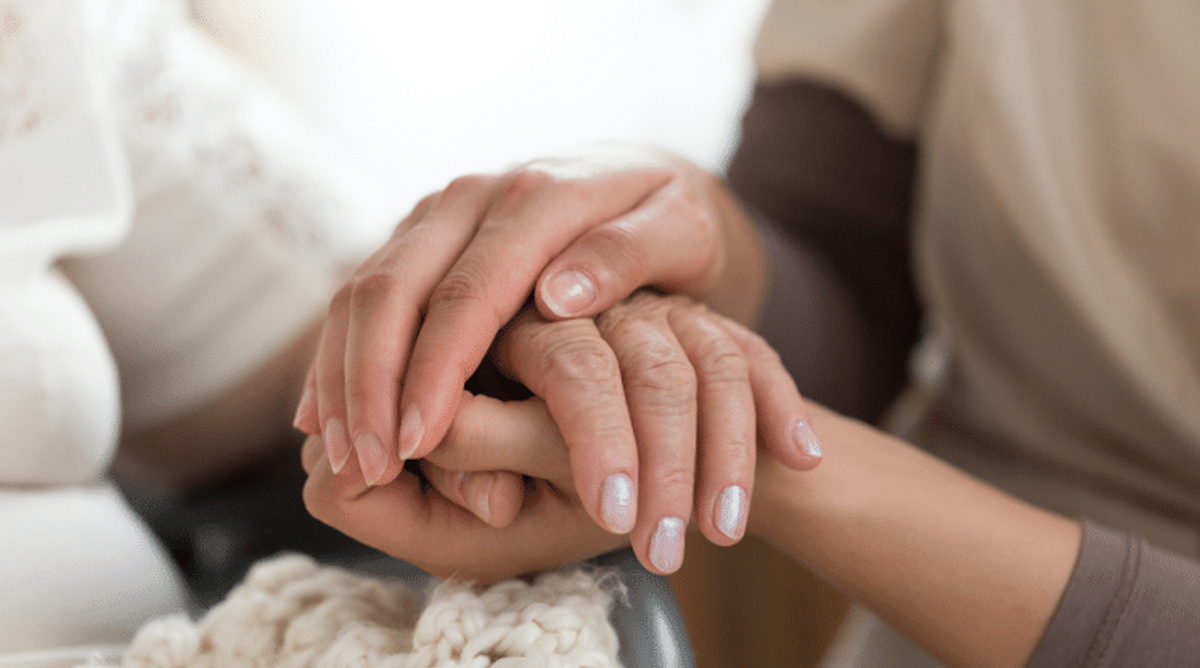
My conversations with designated / volunteer family caregivers, especially those whose loved ones passed away after battling with chronic or terminal illness, reveal they have no regrets, and they’d do it all over again in spite of the challenges, family disagreements, lack of sleep, zero social life etc.
Olivia and Raphael are now more at ease in their caregiving role after grasping the value of self-care. In hindsight, they offer the same advice: You don’t have to be alone. Don’t be afraid or embarrassed to ask for help because if you don’t, who will take care of you?
Debbie | ws
Useful info: caregiver.com | caregiver.org | caregivers alliance | Taking Care of Caregivers | Caregiver Stress Tips Mayo Clinic | Self-care for Family Caregivers | Who’s taking care of the caretaker | Caregiver Stress and Burnout

